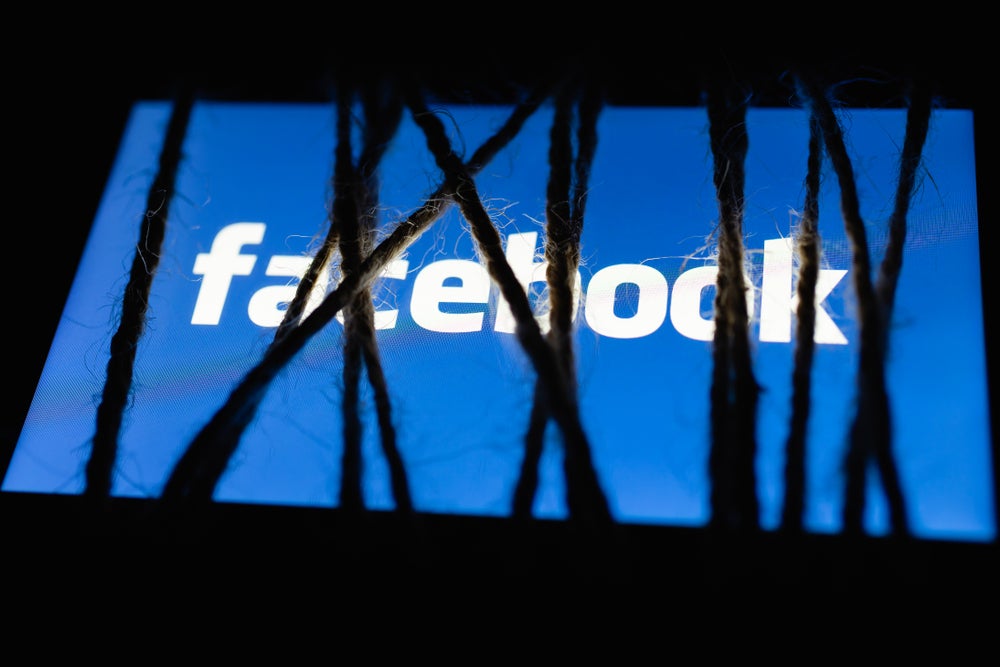
On 26 June, Facebook CEO Mark Zuckerberg disclosed policy initiatives aimed at quelling posts that are deemed to incite violence or would otherwise be considered hate speech.
Though the changes were obviously in the works beforehand, they were publicized soon after consumer goods giant Unilever announced it was pulling US advertising on Facebook, Twitter and Instagram through year’s end due to the polarized atmosphere around those platforms.
But that has not stopped other major brands from leaving. On 29 June, Ford announced plans to stop advertising for at least 30 days. Coca-Cola will do the same beginning 1 July. In addition, Starbucks and about 100 other brands are also supporting an advertising boycott called for by the Stop Hate for Profit campaign.
Laundry list of new Facebook policies
Facebook has faced growing criticism, even from its own employees, for allowing incendiary posts from President Donald Trump to appear minus any labeling despite violating Facebook policies. But Zuckerberg has not been keen to have Facebook police political speech. Now that Facebook will be doing just that, though with a light touch, the question is whether advertisers will be comfortable returning to Facebook and other social media platforms.
Zuckerberg said Facebook will label policy-violating yet newsworthy content, so people will understand why it is allowed to remain on the site. Twitter also leaves up, but labels, tweets that are deemed newsworthy but in violation of its policies, especially when those tweets are from world leaders.
Facebook’s advertising policy is also being revised. It will prohibit claims that people from a specific race, ethnicity, national origin, religious affiliation, caste, sexual orientation, gender identity or immigration status are a threat to the physical safety, health or survival of others. Furthermore, the company aims to protect immigrants, migrants, refugees and asylum seekers from negative advertising.
How well do you really know your competitors?
Access the most comprehensive Company Profiles on the market, powered by GlobalData. Save hours of research. Gain competitive edge.

Thank you!
Your download email will arrive shortly
Not ready to buy yet? Download a free sample
We are confident about the unique quality of our Company Profiles. However, we want you to make the most beneficial decision for your business, so we offer a free sample that you can download by submitting the below form
By GlobalDataProblems may remain
However, these changes only impact ads, meaning people will still be able to cross these lines in their posts. That is unlikely to change because even the best algorithms and teams of fact-checkers around the globe would find it impossible to monitor every little comment from every participant on social media. Furthermore, it’s unclear if individuals would continue engaging with social media if their posts were restricted considerably more than they already are. Any reduction in social media participants would make those platforms less attractive to advertisers.
Zuckerberg also promised Facebook will target new and existing forms of voter suppression – a hot-button issue in in a US presidential election year. Facebook will tighten policies last updated in 2018 to ban content that misleads people on when or how they can vote.
The Facebook CEO noted that none of the new policies include exceptions for politicians, aside from the stated newsworthiness factor, and stated there is no newsworthiness exemption to content that incites violence or suppresses voting.





Related Company Profiles
Meta Platforms Inc
Starbucks Corp
Unilever Plc